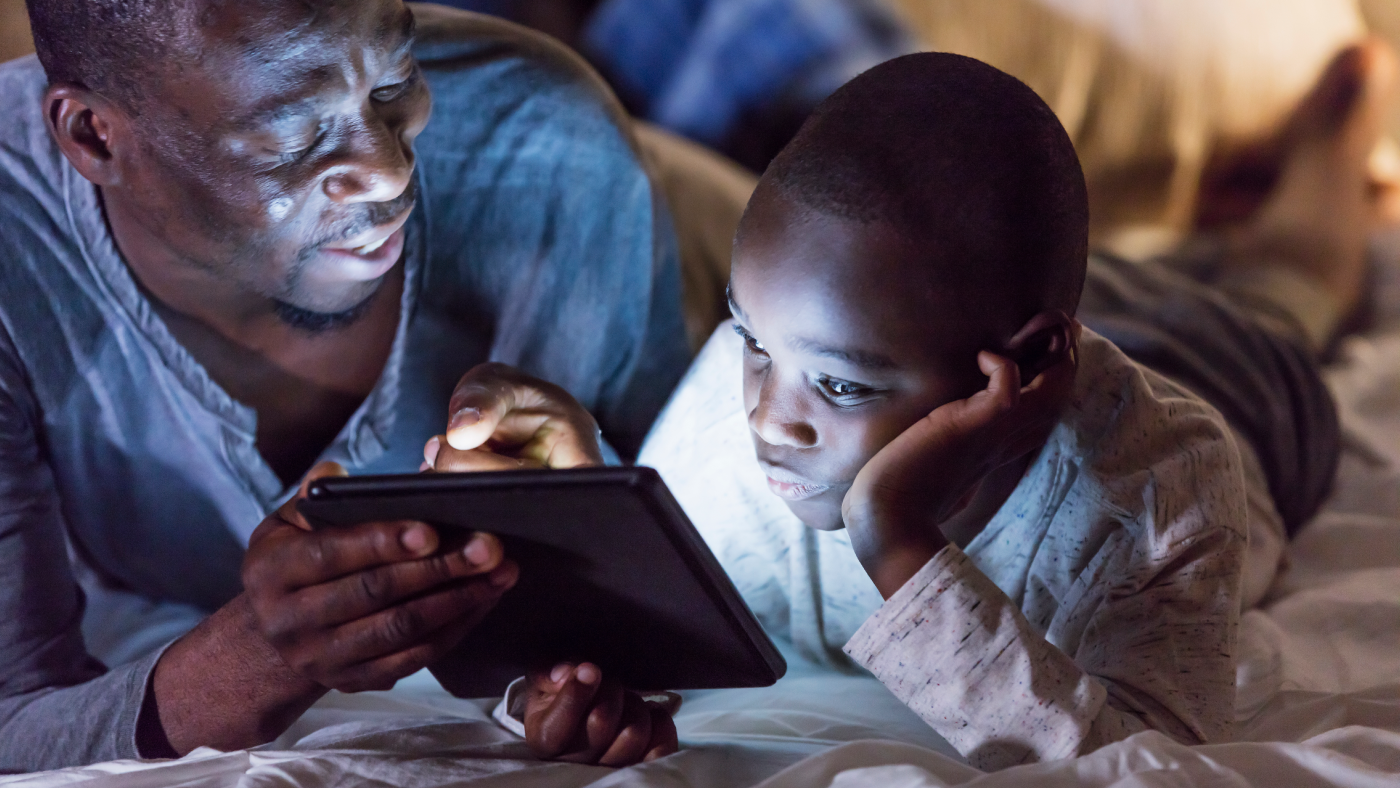When the Internet Doesn’t Work
As many businesses try to push encounters away from the phone and to online tools, it can be annoying when the web sites don't work as advertised.
As many businesses try to push encounters away from the phone and to online tools, it can be annoying when the web sites don't work as advertised.
A new survey from the Pew Internet & American Life Project shows that 73% of American adults (age 18+) go online to use the internet or email.
This is a discussion of the eight realities of technology and social experience that are shaping the world of today's teens and twenty-somethings.
By the end of 2005, 50 million Americans got news online on a typical day, a sizable increase since 2002. Much of that growth has been fueled by the rise in home broadband connections over the last four years.
Blogs are part of the bigger story about dramatic change in people's information environments. This presentation on health-related blogs focuses on their implication for health providers in communicating with patients and caregivers.
Walt Mossberg's entertaining rant at the Anti-Spyware Coalition meeting was captured on video and is worth a listen.
New analysis of our data & others indicates that younger people are more likely to take action to prevent identity fraud & spyware.
New analysis of surveys conducted by the Pew Internet Project and the AARP indicate that younger people are more likely to take action to avoid software intrusions and to prevent identity fraud.
There is now relatively broad public contact with the online dating world. Yet, dating sites are just one of many online avenues that facilitate romantic connections.
Although a right to personal privacy is not mentioned in the Constitution, most judges and legal scholars acknowledge that a measure of privacy is essential to the pursuit of life, liberty and happiness. The exact extent of that privacy, however, is highly contested. Indeed, some of the most hotly debated high court decisions in U.S. […]

Roughly four-in-ten Americans have experienced online harassment. Growing shares face more severe online abuse such as sexual harassment or stalking.
Two-thirds of parents in the U.S. say parenting is harder today than it was 20 years ago, with many citing technologies, like social media or smartphones, as a reason.
From distractions to jealousy, how Americans navigate cellphones and social media in their romantic relationships.
Majorities of U.S. adults believe their personal data is less secure now, that data collection poses more risks than benefits, and that it is not possible to go through daily life without being tracked.


